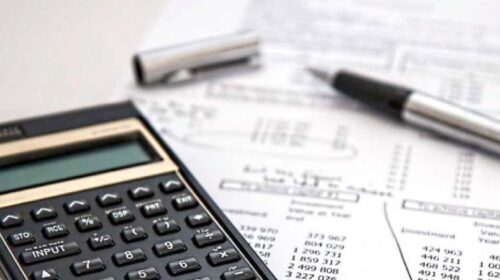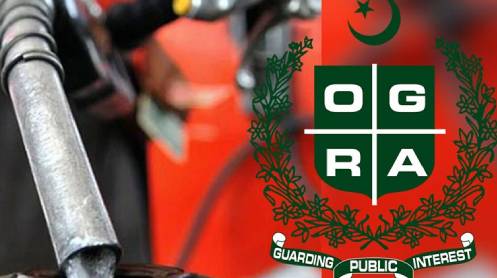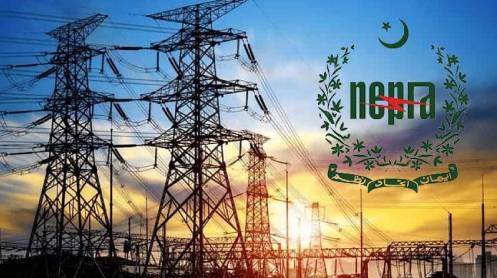By the time this article is printed, most likely a new finance minister would be holding the office with probably the most difficult job in Pakistan at this point in time.
The most important milestone for the new finance minister would be the budget for 2022-23.
With quite sketchy economic health, rising international and public debt, souring relations with the IMF and big economies, piling debt servicing for next years, rapidly devaluing rupee and volatile international economic situation, the new finance minister may be facing a make-or-break situation for the next budget.
The critical factor to determine whether it is make or break is the truth about economy. The nation deserves to be told the truth and know the actual situation of the economy and not the political comparisons, real numbers and not the material for tweets, and the forthcoming challenges without sweeping the issues under the carpet.
It is imperative to respond to a few questions before going into the budget exercise and working towards reviving the economy.
These questions are: i) what is the rationale for raising the interest rate to 12.5%; ii) Why the rupee is on free fall despite having record exports and remittances; iii) how much subsidy goes to the big industrial sectors versus the so-called subsidy provided to citizens in the energy sector; iv) how much is the foreign debt and national public debt that Pakistan has to pay next year and where will this money come from; v) which of the commitments with the IMF have been implemented and which ones are in the pipeline.
The budget for 2022-23 should focus on responding to the aforementioned questions. The most important element at this point in time is debt management, particularly the amount due in the short term.
We may have exhausted the options of rollover by excessive use recently. The expenditure should be planned according to the debt repayment required next year.
Rising prices is another crucial issue, particularly due to the impact on the poor segments of society. Inflation capture has proven to be much harder than expected, particularly in recent times.
The budget may look into strict price control mechanisms, including new regulatory tools such as maximum sales price for commodities such as sugar and wheat flour.
On the expenditure side, while we have negligible development expenditure due to the tight fiscal position, the situation warrants another truth to be revealed.
Someone should calculate the total amount of direct and indirect subsidies given to the big businesses and industrial sectors and compare those with the so-called subsidies given to the citizens in petrol and electricity prices. The difference is astonishing.
One may come up with the argument that some industrial sectors need subsidies, fair enough, but what is the result of those subsidies, are these results and benefits deployed back into the national exchequer or they stay in a few pockets of the elite.
It is hard to believe that the government does not have the fiscal space to subsidise essential items for citizens when it has no limit on the subsidies given through elite capture.
Tax base
This brings us to the issue of income for the budget. It is rhetoric to say that we need to increase our tax base and collection, therefore, there is no need to write anything except that someone should tell the truth why we have not been able to expand the tax base and collection. Are there any administrative hurdles or lobbying and pressures?
The next budget warrants bold steps. The government should come forward, share the exact and true situation of the economy and take the required decisions once and for all.
If it is necessary to reduce the subsidies on basic utilities, then do it, but also do the same for the big businesses and industrial lobbies. It is time to reflect upon and repurpose the subsidies.
If it is necessary to increase taxes, then do it, but also take away the numerous tax concessions to big industries and businesses.
It is time to recognise the importance of tax equity. The poorer half pays much higher proportionate taxes than the richer half.
If we go to further disaggregation, the results will be more disturbing. It is hoped that the next budget would not resort to easy and usual preys, ie restrict imports, increase tax rates, utility prices, etc.
Please dig a bit deeper, there is a lot to extract from hidden sources of wealth and income.
Take decisions please; do not sweep under the carpet this time around. The nation has been suffering for long, but will be happy to suffer more if taken into confidence by sharing the truth.





